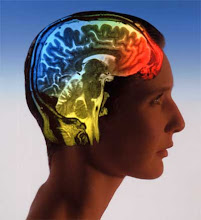Philosophers such as Hume had suggested that emotions lead to thoughts. Cognitive primacy is an idea dating from the work of Magda Arnold in the 1960s, that it works the other way around: our thoughts come first, and our emotions follow. This was influential on the founders of CBT, Albert Ellis and Aaron Beck. Beck, for example, stated that there are three 'faulty views' which lead to depression:
For example, a person fails an exam:
Negative view of self - "I'm a failure"
Negative view of the world - "Everyone is against me"
Negative view of the future - "I'll never be good at anything"
It is worth noting that this viewpoint links to theories of stress: Magda Arnold founded Appraisal Theory (http://en.wikipedia.org/wiki/Appraisal_theory) which influenced Lazarus and Folkman's 'Transactional Model of Stress' (1984). The first two stages of this are are the appraisals of the stressor and the self. So again, thought processes are seen to come first, and emotions and behaviour (in this case stress) afterwards.
In reality it is not quite so simple... Schachter & Singer (1962) found that people assess their own emotional state in part by observing their own physiological state, e.g. by how fast their heart is beating. So the interaction between emotions, thoughts and physical states is complex and probably not one-way.

No comments:
Post a Comment